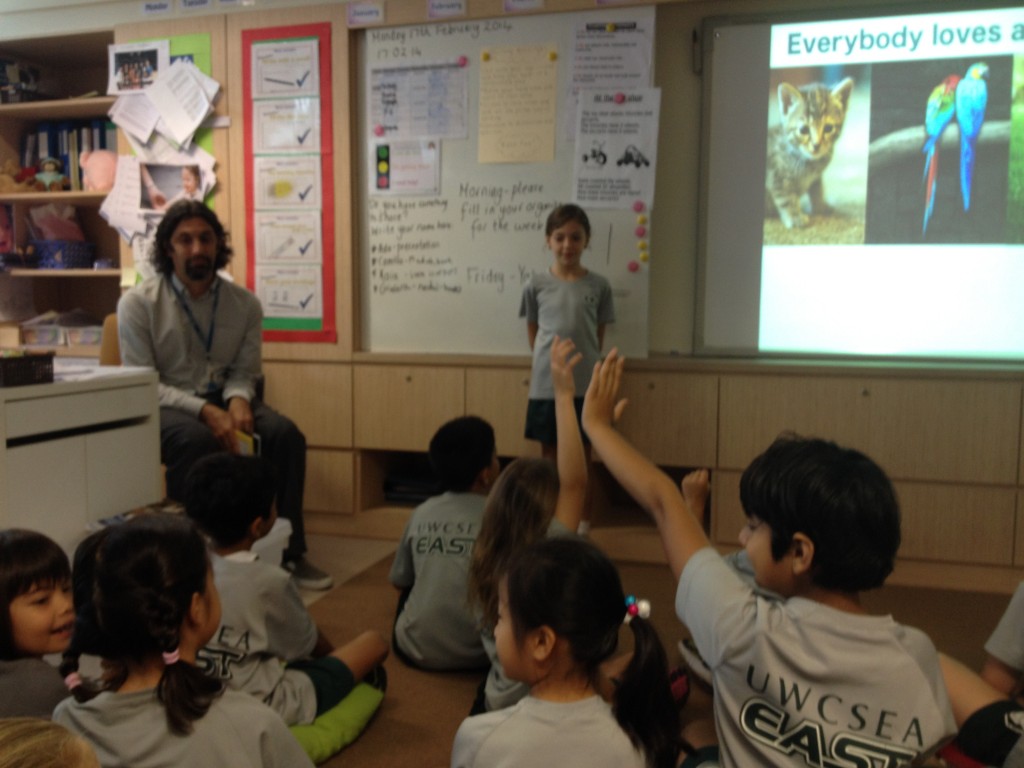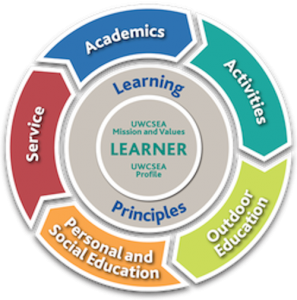Note: This post was originally written for teachers, but applies to parents of middle school kids as well.
I have an amazing talent for stating an obvious fact, one that everyone already knows, way after everyone has already talked about it. What’s worse is that I somehow fool myself into believing that this universal well-known idea was hatched in my brain and so it must also be deeply profound.
You have been warned. There is nothing new in this post. Nothing any English teacher, librarian or committed reader doesn’t already know, but what I am about to share with you has been an epiphany of sorts for me. It has sparked a thirst for books that I seem powerless to quench. Ya’ ready?
Read the books your students are reading.
Wow, I am actually a bit embarrassed when I see it written out like that. Let me explain. I have been teaching Middle School English for over ten years. My name is Jabiz and I am a book snob. Until last week, I rarely if ever read any Young Adult literature. At any given time I could be found saying things like, “I found the writing mediocre at best, the characters shallow, the themes trite and the stories plot heavy.” I almost threw a copy of The Knife of Never Letting Go across the room, after the the protagonist was nearly caught for the 100th time!
I couldn’t be bothered to read YA Lit, because that genre didn’t scratch the intellectual itches I enjoy. How could I tear myself away from David Foster Wallace, or my new love– James Baldwin, to read whatever dystopian garbage the kids might be reading?
But here’s the thing, I have only just recently realized– My intellectual and literary needs should not always come first. I owe it to the kids I teach to be well-versed in both the books they love and the books that I can find for them to love. As their English teacher, I should be the main resource for what is good, bad, exciting, at their level, too hard, and a bit simple but fun. I should be able to tell a kid who just liked Wonder that Eleanor and Park is a bit darker but about similar themes.
What sparked this epiphanal moment, you might ask? It was a series of things I suppose– years of incurring guilt for my ignorance about YA Lit, news that we have been approved for classroom libraries (150 titles per room!), and my becoming tired of recommending the same books over and over. We are currently in an eight-week reading unit, where we explored a shared class novel, The Curious Incident of the Dog in the Night-Time. After practicing a series of skills, we allowed the students to choose a novel of their choice to show transference of skills. Like most text hungry teen-agers, they were looks for suggestions.
I began to realize that I couldn’t recommend many of the authors or books I love, because the content is not quite appropriate or interesting to fourteen year olds. As great as Jonathan Franzen may be, I am pretty sure no middle school student cares about mid-life crisises in the suburbs. So I did what I have always done. I recommended the books I know: Of Mice and Men, Lord of The Flies, and Catcher in the Rye. Don’t get me wrong. I love these books, and I have been blown away by the exploration and analysis of these texts by my current students. But I knew there had to be better titles. Better matches. I knew that I was short-changing my students for not helping them find the just-right book for each of them. And the only way to do that is to read more YA Lit– plot-heavy dystopian adventures be damned!
Guess what happened? I felt totally empowered after reading just four books. After each title, I could name several kids who would love that book. Or I knew that this book was just right for one or two more mature and advanced readers. I start every class now, pushing books. I tell them about what I am reading. I can sell these books with confidence. I am even emailing specific kids and saying, hey you! This book is perfect for you. What will be great is when I have a library of 150 titles, I know and love, so I can literally just grab the right book and hand it to the right kid.
My enthusiasm in class has already led to one girl asking if I have read Angel’s Fury, to which I said no. The next day she brought me her copy, which I am reading at the moment. I have put up a physical list for suggestions. There is something magical about empowering students to feel like experts. Allowing them to feel that they can influence their teacher with their love of books.
I feel that by reading more YA Lit, English teachers are creating and fostering a more authentic community of readers. Hey parents, I did not forget about you! If you want to foster a love of reading, then read some of these YA titles as well. We cannot continue to discredit books that were written for young adults, while promoting an antiquated list of books that they “should” be reading. There will always be a place for the classics we love, or the stretch books from our own libraries that might fit a few students, but we owe it to our students to be well-versed in books that they can access and explore and love. I would love to hear about some of your favorite YA titles, or about some of the strategies you have chosen to excite your students about books.
As for my intellectual itches? I have decided to read five YA titles for everyone of my own choices. Although, I have already checked out a few books that will put me past five. My collection of Foster Wallace essays can wait, I need to read Holes, so I can talk about the narrative perspective with my struggling readers, and maybe The House of Scorpions might be the book that gets Billy to “get” reading.



